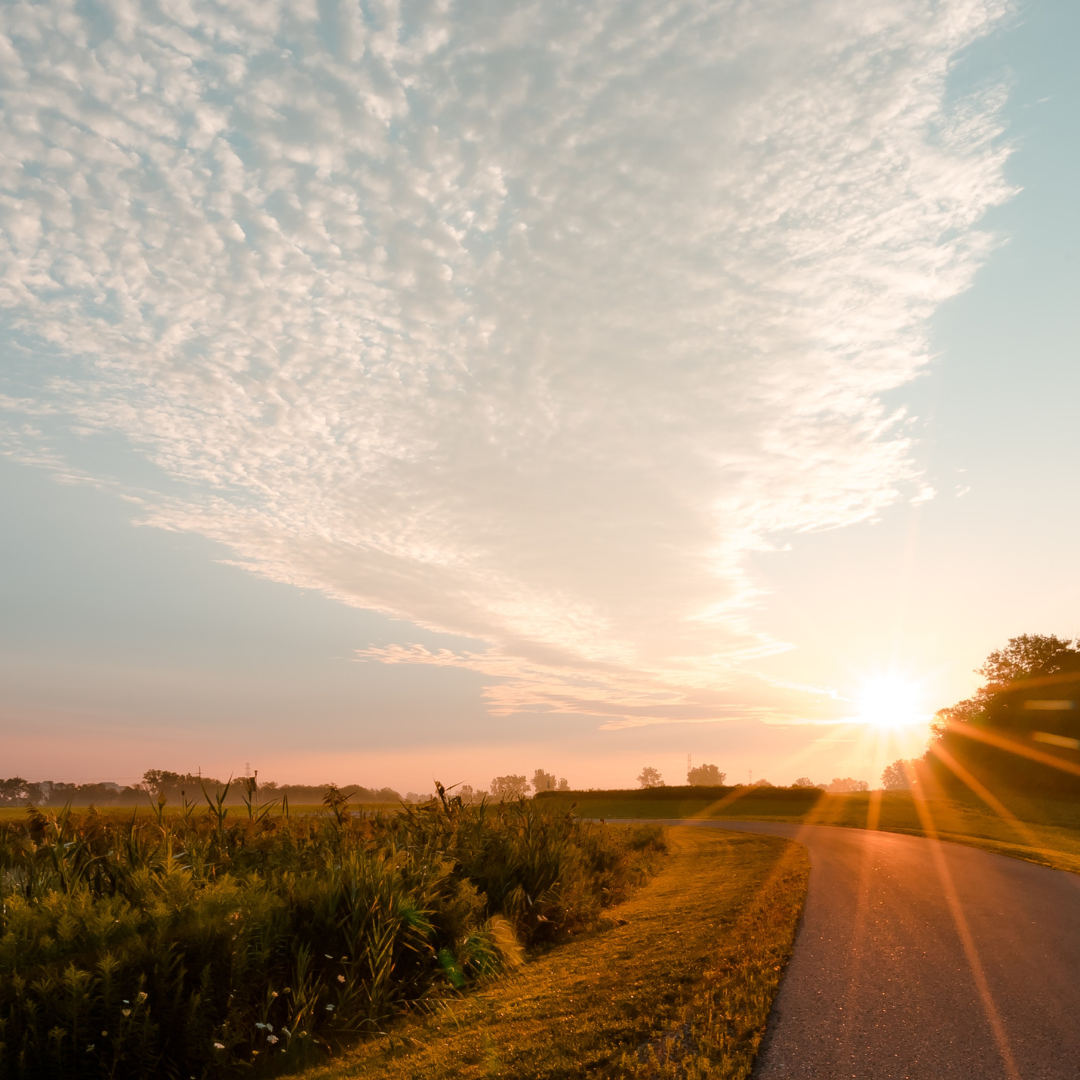“It is difficult to see our own prejudices, but we all have them, and once we acknowledge them to ourselves, we can begin the lifelong journey of retraining ourselves to love all our neighbors as ourselves. “No other commandment is more important than these.” (Mark 12:31)
Dear Neighbor,
Prejudice does not mean that we hate or intentionally mistreat people who are different from us. It means that we think of people like us as the norm, and those different from us as different from (less than) the norm. Every human is born into her/his own cultural box of religion, politics, and shared prejudices, often surrounded by people who also live in the same box. A good test for each of us:
1. Do I think of my skin color as the “normal” one?
2. Do I think my language is the “normal” one, and others need to learn to speak it? (Would it surprise me to learn that the US does not have an official language?)
3. Do I believe my religious culture is the one true one, and all others are wrong or lacking? Do I equate my minister, my church, and my bible with God?
4. Do I think of other race, language, or ethnic groups as mission fields – people whom I can help to be more like me, and that that is what they want and what’s best for them?
A “yes” answer to any of these, even #4, reveals a prejudice. It is difficult to see our own prejudices, but we all have them, and once we acknowledge them to ourselves, we can begin the lifelong journey of retraining ourselves to love all our neighbors as ourselves. “No other commandment is more important than these.” (Mark 12:31)
“Dear Neighbor” authors are united in a belief that civility and passion can coexist. We believe curiosity and conversation make us a better community.

